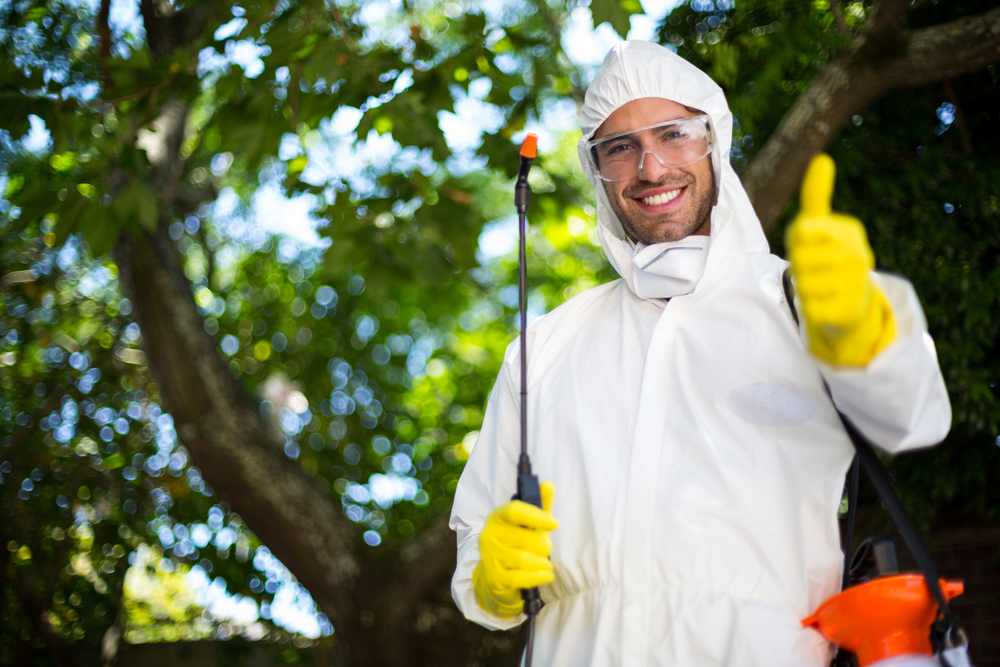Seasonal Pest Control Tips for the Outer Banks

The Outer Banks of North Carolina, with its stunning beaches and unique coastal environment, is a paradise for residents and vacationers alike. However, this beautiful area also attracts a wide range of pests that thrive in its humid, subtropical climate. From swarms of mosquitoes in the summer to rodent infestations during the colder months, pest issues in the Outer Banks vary dramatically by season. To keep your home or business pest-free year-round, it’s essential to understand the seasonal behaviors of local pests and take proactive steps. Whether you’re working with a professional pest control service or managing prevention strategies yourself, knowing what to expect each season can save you stress, money, and potential property damage.
Spring: Preparing for Emerging Pests
Spring in the Outer Banks marks the beginning of warmer weather, which also signals the return of increased pest activity. As temperatures rise and humidity levels climb, insects and rodents emerge from their winter shelters to breed and forage. Homeowners may notice an uptick in ants, termites, and mosquitoes as early as March. Since these pests thrive in damp environments, the coastal climate provides the perfect conditions for rapid population growth.
During spring, scheduling a professional pest control service can make a significant difference. An exterminator can perform a thorough inspection of your property, identifying vulnerabilities such as cracks in foundations, damaged screens, or areas with standing water where mosquitoes breed. Termites, in particular, are a major concern during this time because they begin swarming and establishing new colonies. A preventative treatment plan is highly recommended to avoid costly structural damage later in the year.
Spring is also the ideal time to focus on yard maintenance. Trimming overgrown shrubs, cleaning gutters, and removing debris from your property eliminates potential nesting sites. By addressing these issues early, you can significantly reduce the need for emergency pest control measures later in the season.
Summer: Battling Mosquitoes, Ants, and Beach Pests
Summer is the peak season for pest activity in the Outer Banks. The warm, humid weather combined with frequent summer storms creates the perfect breeding grounds for a variety of pests, with mosquitoes leading the list of nuisances. These insects thrive in standing water left behind after rain, making regular yard inspections essential to prevent infestations. In addition to being a nuisance, mosquitoes can also pose health risks by transmitting diseases like West Nile virus and Eastern Equine Encephalitis.
Ants, including fire ants, are also extremely active during this time, often invading homes in search of food and shelter. Without prompt intervention from a pest control service, what starts as a small ant problem can escalate into a full-scale infestation. Beach properties face additional challenges, as sand fleas and biting flies become more prevalent in coastal areas.
A professional exterminator can implement targeted treatments that not only reduce current infestations but also create barriers against future pest invasions. Property owners should also focus on preventative steps, such as using tightly sealed trash bins, keeping kitchens free of crumbs, and repairing any openings around windows and doors. Investing in regular pest control services during the summer months is the most effective way to maintain a comfortable, pest-free living environment.
Fall: Preventing Rodent Invasions
As the summer heat subsides and temperatures begin to cool, many pests shift their focus from outdoor breeding to seeking warmth and shelter indoors. In the Outer Banks, fall is prime time for rodents like mice and rats to enter homes and businesses. These pests can cause extensive damage by chewing wires, nesting in insulation, and contaminating food sources.
A professional pest control service plays a crucial role during this season by inspecting attics, basements, and crawl spaces for signs of rodent activity. Exterminators can seal potential entry points and set up preventative barriers to keep rodents outside where they belong. The humid climate also makes the Outer Banks particularly susceptible to cockroach infestations during the fall, especially in kitchens and bathrooms where moisture is abundant.
Another factor to consider during this season is that termites remain active in warmer coastal regions. Even if you treated your home in the spring, it’s wise to have a follow-up inspection to ensure colonies have not established themselves in hidden areas. Early intervention from a pest control professional can save homeowners thousands in repair costs and keep properties protected as the colder months approach.
Winter: Minimizing Overwintering Pests
While the Outer Banks doesn’t experience harsh winters compared to inland areas, the cooler temperatures still drive pests to find shelter indoors. Common overwintering pests include spiders, stink bugs, cluster flies, and certain types of beetles. These pests typically seek quiet, undisturbed spaces like attics, wall voids, and basements.
Rodents also remain a concern during winter, especially when food sources become scarce outdoors. Without effective pest control measures, mice and rats may chew through wires, damage insulation, and spread diseases within your home. A professional exterminator can help identify rodent nesting areas and remove existing infestations using humane, targeted methods.
Another winter concern unique to coastal regions like the Outer Banks is moisture-related pest problems. Due to the area’s high humidity, mold and mildew can attract pests such as silverfish and centipedes. Working with a pest control service that understands local environmental conditions ensures your property remains protected year-round, even during the colder season when pests seem less active on the surface.
Year-Round Pest Control Strategies
Because the Outer Banks has a diverse pest population and a climate that encourages year-round activity, it’s important to adopt a proactive, continuous approach to pest management. Partnering with a professional pest control service ensures that inspections, treatments, and preventative measures are tailored to your property’s unique needs and seasonal challenges.
Regular maintenance is critical for keeping pests at bay. This includes sealing cracks, repairing screens, clearing clogged gutters, and storing firewood away from your home’s foundation. It’s also wise to schedule quarterly treatments with an experienced exterminator who can adjust their strategy based on the time of year and current pest pressures. This proactive approach minimizes unexpected infestations and reduces long-term pest control costs.
Additionally, homeowners should remain vigilant when it comes to moisture management. Since high humidity levels attract a variety of insects and rodents, using dehumidifiers, repairing leaks, and ensuring proper ventilation can significantly reduce pest activity. A comprehensive, year-round plan offers the best protection and peace of mind, especially in a coastal environment where pest populations remain active regardless of the season.
Conclusion
Managing pests in the Outer Banks requires understanding how seasonal changes affect their behaviors and implementing timely preventative measures. From termites and mosquitoes in the spring and summer to rodents and overwintering pests in the fall and winter, each season presents unique challenges. By working closely with a trusted pest control service and scheduling regular inspections with a qualified exterminator, homeowners and business owners can protect their properties year-round.
Staying proactive is key. Investing in ongoing pest control services not only helps you avoid costly damage and health risks but also ensures a more comfortable and stress-free living environment. In a region as beautiful and dynamic as the Outer Banks, taking control of your pest management strategy is essential for maintaining both the value and enjoyment of your home.
